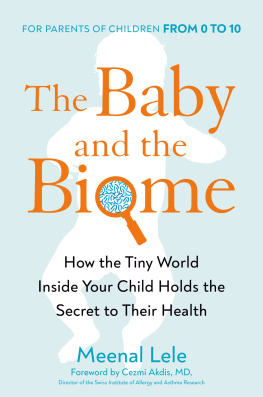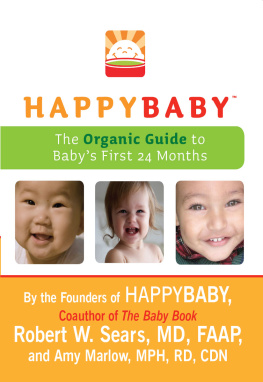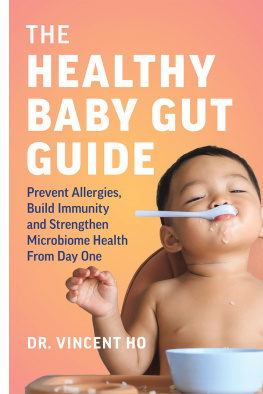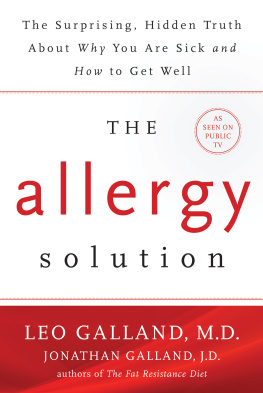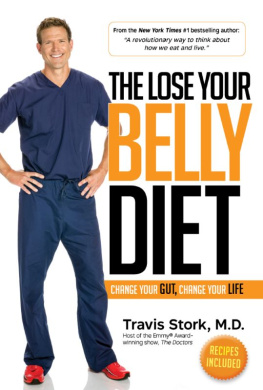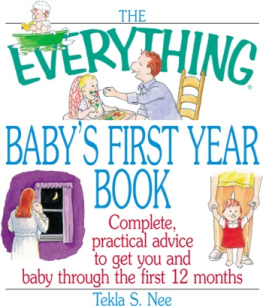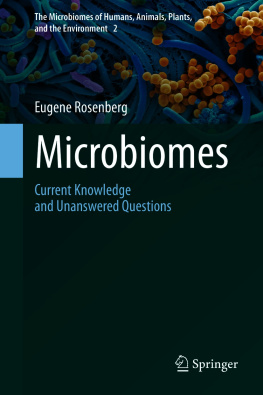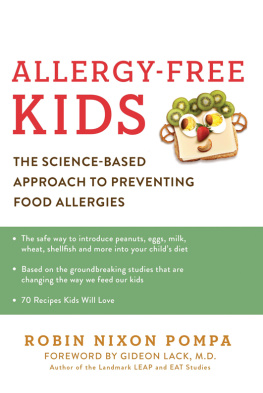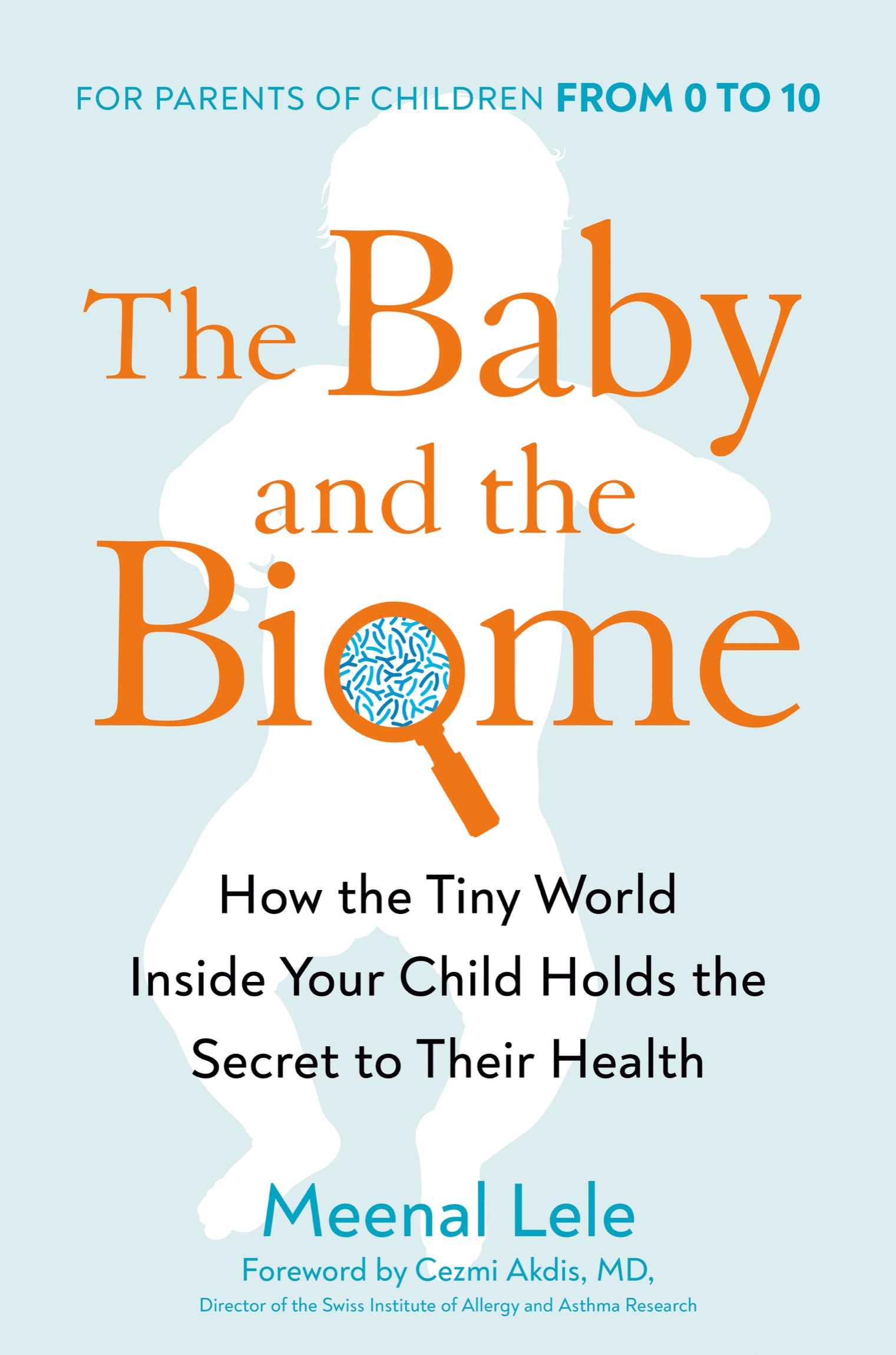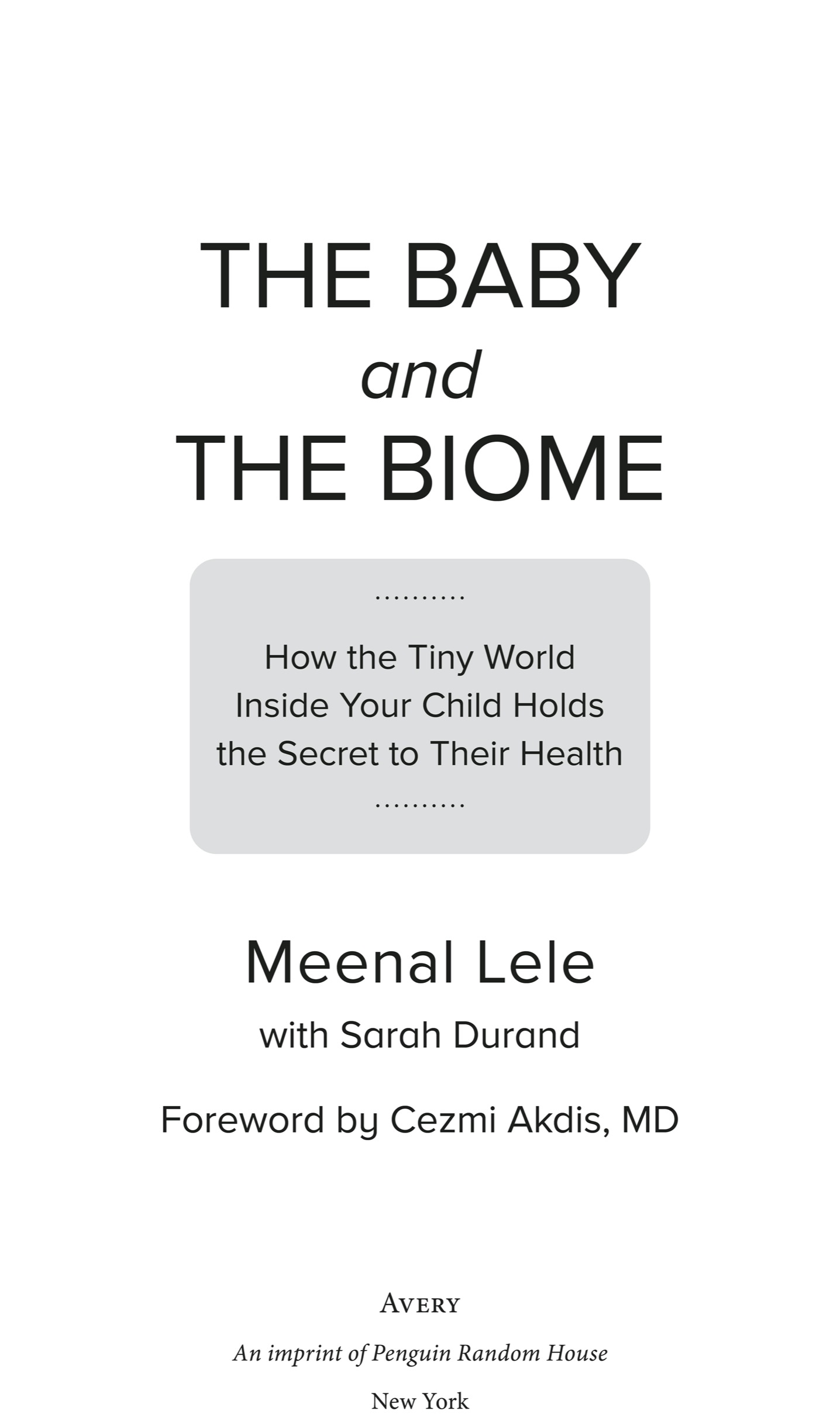Praise for
The Baby and the Biome
We owe it to our kids to read this book. Meenal Lele shines a spotlight on perhaps surprising, but in fact critical, ways to address the rising rates of allergic diseaseby focusing on barriers and microbiome health.
Romilly Hodges, MS, CNS, CDN, author of Immune Resilience
Meenal Leles The Baby and the Biome tackles a crucial subject for parents: allergies and autoimmune reactions in children, including food allergies, eczema, and asthma. Lele explores the relationship between these devastating conditions and our microbiomethe collection of microorganisms in and on our body and skin. Drawing on cutting-edge research, Lele explains how our immune system is shaped from birth by our microbiome, and how we as parents can contribute to a healthy microbiome in our children through the right diet, environmental exposure, medications, and hygiene products. Lele clearly lays out how fostering a healthy biome prevents overactive immune reactionsand helps avoid allergies and autoimmune pathologies. Intertwining scientific and clinical data with the personal story of her quest to help her highly allergic son, Lele manages to educate with practical advice while making the journey through our body and gut an enjoyable read.
Sofia Axelrod, PhD, chronobiologist, author of How Babies Sleep
Every parent wants the best possible start for their kids. Meenal Lele used her superpowers to identify and manage her sons out-of-control immune diseases, and with The Baby and the Biome, we get her playbook. Packed with actionable ways for us to help our kids live healthier lives from birth, whether youre a first- or third-time parent, youll never look at microbes or feeding your kids the same way after reading this deeply researched, marvelous book.
Leslie Schrock, author of Bumpin
Leles The Baby and the Biome is a wonderful response to the surprising and life-threatening atopic episodes that Lele, and increasingly many others, encounter with their children. This is the book for parents wondering why eczema, food allergies, and asthma have become a modern epidemic, and what we can do to stop them.
Michael Brandwein, PhD, lecturer at the Hebrew University of Jerusalem and CTO and cofounder of MYOR Diagnostics
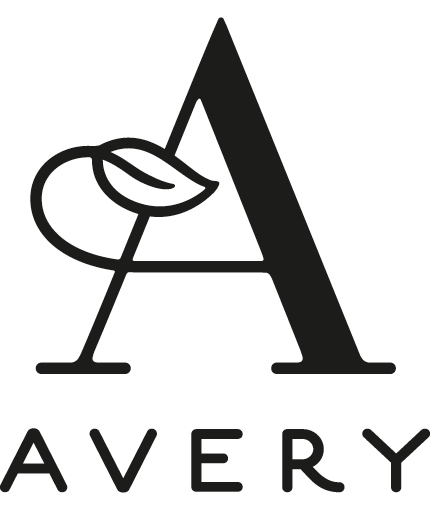
an imprint of Penguin Random House LLC
penguinrandomhouse.com
Copyright 2022 by Meenal Lele
Penguin Random House supports copyright. Copyright fuels creativity, encourages diverse voices, promotes free speech, and creates a vibrant culture. Thank you for buying an authorized edition of this book and for complying with copyright laws by not reproducing, scanning, or distributing any part of it in any form without permission. You are supporting writers and allowing Penguin Random House to continue to publish books for every reader.
Library of Congress Cataloging-in-Publication Data
has been applied for.
9780593421024 (hardcover)
9780593421031 (ebook)
Cover design: Nellys Liang
Cover image: Agrino / Shutterstock
Book design by Katy Riegel, adapted for ebook by Estelle Malmed
Neither the publisher nor the author is engaged in rendering professional advice or services to the individual reader. The ideas, procedures, and suggestions contained in this book are not intended as a substitute for consulting with your physician. All matters regarding your health require medical supervision. Neither the author nor the publisher shall be liable or responsible for any loss or damage allegedly arising from any information or suggestion in this book.
pid_prh_6.0_140846272_c0_r0
To my boys. Who are the reason for everything.
Contents
Foreword
Allergies, autoimmune diseases, and neurodegenerative diseases have been rising at an alarming rate since the 1960s. This rise has coincided with the introduction of new chemicals that have caused catastrophic damage to the earth and human health. A growing body of data suggests that damage to the human epithelial barrier (skin, gut, and lungs), together with changes in the microbiomes of these areas, is contributing to food allergy, eczema, asthma, environmental allergies, celiac disease, inflammatory bowel disease, and other conditions. Leakiness of the gut epithelium (or leaky gut) and decreased biodiversity in the gut microbiome are connected to autoimmune and metabolic conditions such as diabetes, obesity, multiple sclerosis, rheumatoid arthritis, lupus, ankylosing spondylitis, and autoimmune hepatitis. Finally, inflammatory responses due to a leaky gut and microbiome changes are even suspected in Alzheimers disease, Parkinsons disease, chronic depression, stress-related psychiatric disorders, and autism spectrum disorders.
The epithelial barrier hypothesis has emerged as an overarching explanation for the increase in disease. This relatively new hypothesis proposes that skin / gut / lung tissue defects, triggered by exposure to toxic substances, are the starting point of many immune diseases. While genetics play a part, environmental exposures have a bigger role. A leaky epithelial barrier allows microbes to move from the surface of affected tissues to inside the tissue and even deeper. This movement by opportunistic pathogens causes a cascade of inflammation, reshapes the microbiome, and leaves it in a perpetually pro-inflammatory state.
We have long known that many environmental substances can damage the epithelial barriers and cause microbial dysbiosis, or an imbalance of the microbiome. These include laundry and dishwasher detergents, cosmetics, household cleaning products, enzymes, preservatives, and emulsifiers in processed food, cigarette smoke, particulate matter, diesel exhaust, ozone, nanoparticles, and microplastics. Recent studies indicate that the barrier-damaging effect of these substances, even at low concentrations, can be further aggravated by existing chronic inflammation.
In this book, Meenal Lele, the mother of two children, shares her journey of caring for her son Leo, who suffers from severe allergies. She sees the big picture and carries her maternal experience and extensive research to everyone involved, including the patients themselves, their parents, doctors, nurses, and dieticians. Throughout the course of this book, The Baby and the Biome, the author explores the development of her son Leos conditions, manifested as immune diseases, food allergy, environmental allergies, and eczema. She connects the dots between her sons complex symptoms, microbiome alterations, and environmental exposures. This proved a challenging task, as most doctors and patients focus on treating the disease itself, taking little consideration of its triggers and preventive measures.
Meenal Leles research and experience are shared in this book in a very warm writing style, and it is an invaluable reference, not only for parents caring for children with the chronic conditions listed above but also for adults with these conditions.
I also highly recommend The Baby and the Biome for doctors to share with patient families and medical students at the beginning of their studies. Real-life examples and anecdotes make this book a must-read for all parents preparing to have a child. It is an essential guide for parents on early baby care, antibiotics, diet recommendations, the impact of the environment on health, and nurturing the pre- and postnatal biome of the baby.

